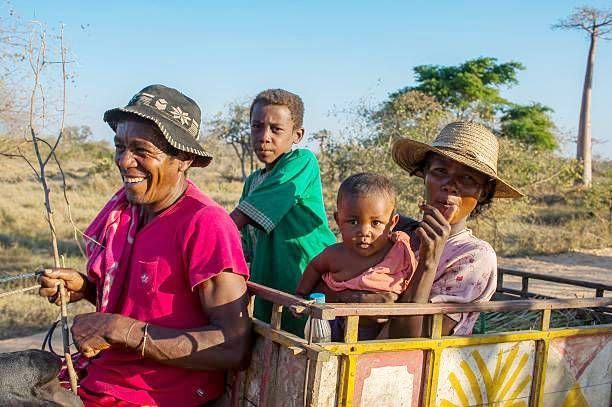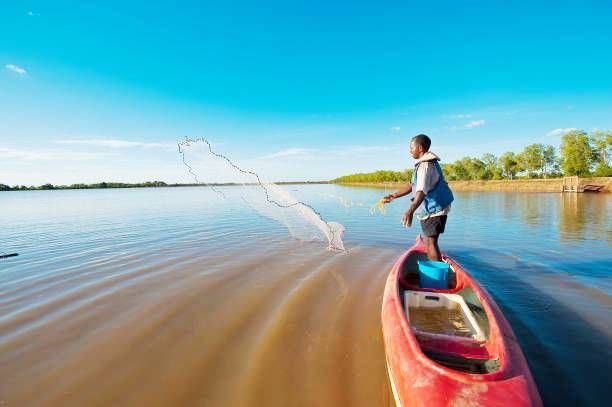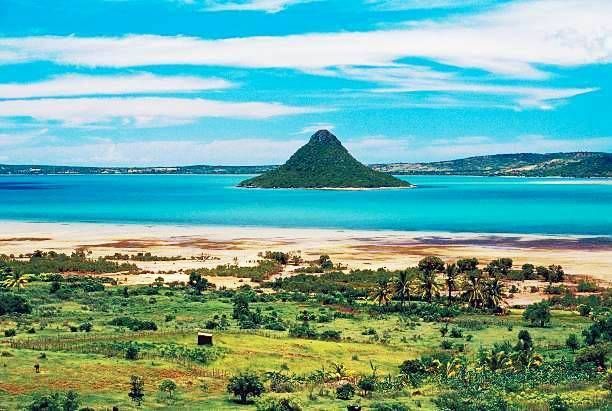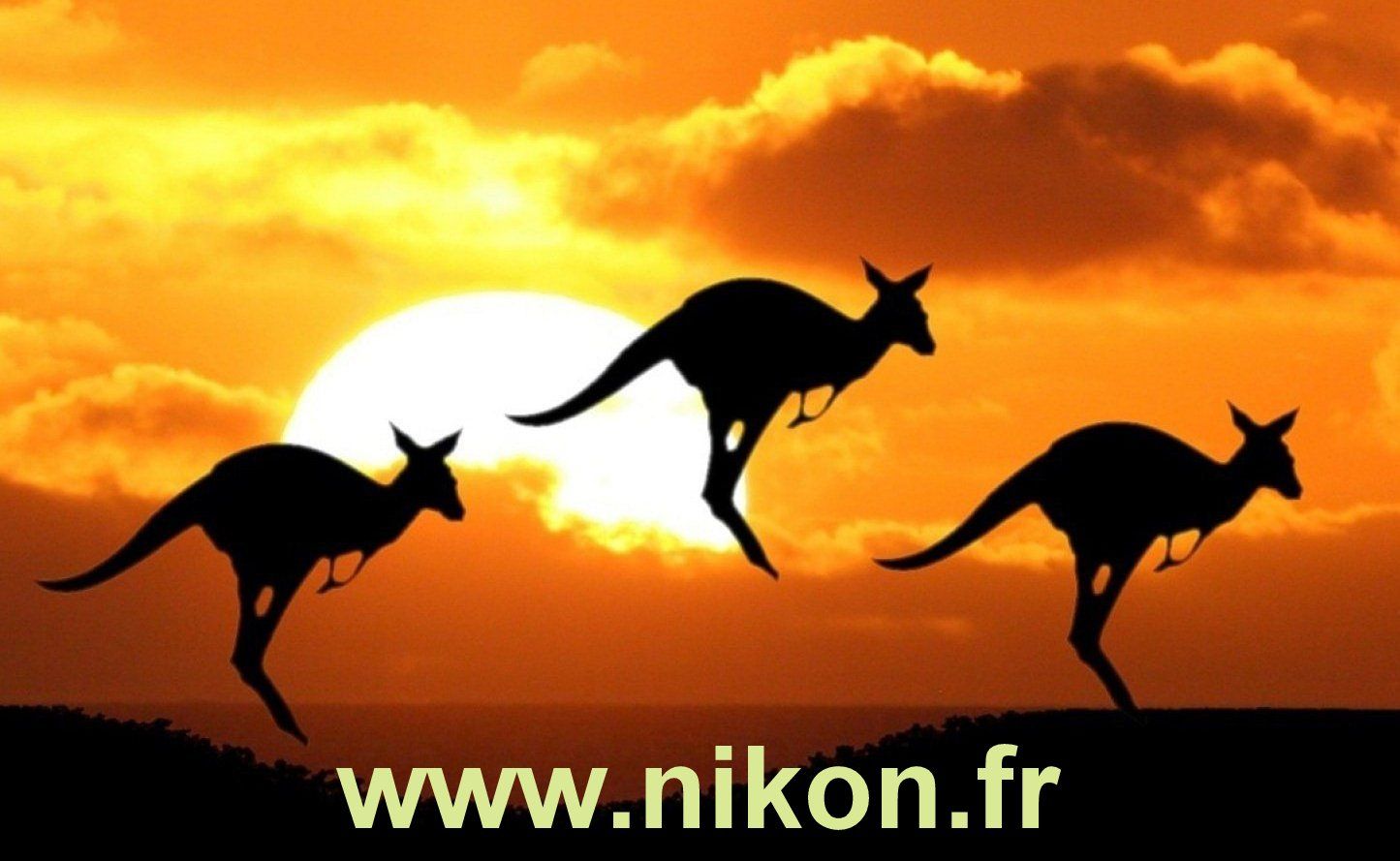AROUND THE WORLD
ECOTOURISM IN THE ISLAND OF MADAGASCAR
Curiosity and great desire to discover some new horizons,in harmony with their geological and ecological characteristics , are also integral parts of the spirit of
the pioneers who, since several centuries, have traversed the five continents of
world as I have seen with Pierre LAMBERT and Gilles LANGLAIS French tourist guides in the context of ecotourism projects in this fascinating territory that is this great island of Madagascar.
Located in the southwest part of the Indian Ocean and ranked as the fifth largest island in the world after Australia Greenland, New Guinea and Borneo, the island of Madagascar , 1580 kilometers long, is divided into six provinces
historical cities with the same name as their capitals: Antananarivo, Antsiranana, Fianarantsoa, Mahajanga,Oamasina
and Toliara. For more than twenty centuries, Madagascar has been successively conquered and shaped in its migration
data by peoples originating from Africa, Southeast Asia, the Near East and Europe creating thus a cosmopolitan and
multicultural society such as we know it today. Further north in the Andapa province in the 4/4 which takes us, in the
company of Pierre LAMBERT and Gilles LANGLAIS, towards the north of the island in the city of Antsiranana, formerly called Diego Suarez during the French protectorate, I take the time to observe the particularities of this vast country
which is mainly geographically divided into 3 bands that to the east there is a narrow strip of cliffs ending in a thin coastal plain bordered by the Indian Ocean, in the center by high meadows and to the west by a denser zone
represented by gently soping alluvial plains up to the Mozambique Channel."My passion for tourism and environment
was established at a very young age ,followed along with the years I spent on my specialized higher education in tourism, undertaken in France successively at the Paul Valéry University of Montpellier and in Istres, complements my
professional experiences whih have provided an opening towards ecotourism, ecology and the necessary protection of the environment."
Pierre LAMBERT explains to me driving on a track lined with baobabs, emblematic trees of the
island.
"It is also important to take into account that awareness of environmental data is recent and is giving rise to
initiatives bold and also enduring over time, which can also be found in Madagascar, notably with circuits incorporating unique places such as "Fihavanana on the Plateaux Des Rois" or the "Route Des Parfums" which combine the discovery
of natural spaces and environmental protection in the same way as tasting and buying tea from Sahambavy, located
400 kilometers south of Antananarivo,is the only tea production center and flagship product, also known as "Black Gold of the Island." Our project is part of a multifaceted approach designed to support our customers and partners in
discovering this fascinating country of Madagascar within the framework of ethical and sustainable tourism with packages including comprehensive support for stays from arrival at the airport of ANTANANARIVO with varied
packages based on adventure, culture and history, taking into account the diversity of the island's natural spaces, which
one never tires of discovering, complemented by the values of ecotourism that integrate environmental impact, nature
social responsibility and the protection of biodiversity
Gilles LANGLAIS specifies while pointing to the island of Nosy Be.
Environmentally Friendly Projects
Located between the equator and the Tropic of Capricorn,the island of Madagascar possesses a real diversity expressed
by the variety of its terrain and climate has fostered a biodiversity characterized in particular by a very high rate of endemism. "The island's biogeographical isolation , coupled with the variety of its climate and have fostered the development of unique fauna and flora, such as the grey bamboo lemur of Lake Alaotra,which is the only the world only
primate to live in reeds. In fact, awareness of the need to protect biodiversity is recent since the first decisions to create
protected areas date back to 2003, followed in 2005 and 2007 by the the creation of 2 millions of hectares of new areas.
These projects were imperative, taking into account that the island of Madagascar has lost 44% of its forest cover since the 1950s.
Pierre LAMBERT and Gilles LANGLAIS explained to me while pointing to the distant highlands on the road
that leads us to the province of Toliara .A stop at Isalo National Park is a pure marvel this place is majestic with its
canyons and colors enchanting before traversing its radiant tropical rainforests, home to a multitude of plant species
complemented by a rich and diverse fauna that is a pleasure to discover, especially during canoe and kayak expeditions.
and then, particularly in the Makay massif, after many hours of hiking, to reach the magnificent peaks of the Makay.The island of Madagascar also boasts radiant coastal areas, each as delightful as the next, adorned with white sand beaches
fringed by coral reefs, as well as typical fishing ports as well as learning the technical of coastal navigation along the Mozambique Channel in a dhow or outrigger canoe.
"In fact, the development of ecotourism in Madagascar has been
largely based on about twenty years now, around routes that can be called classic, which connect the different
sites, places and reserves, while specifying that we have been developing, since 2006, the date of our arrival on the island while being based in Antananarivo, off-the- beaten-path discovery packages for Madagascar which are proving
very popular with French and European customers
Gilles LANGLAIS tells me with a broad smile. In our constantly changing world, where environmental data is often sometimess neglected or ignored despite recent awareness, it is
reassuring to note that the pioneering spirit is also enhanced by creativity, with bold and innovative projects here and there for the preservation of our environment, which are merely acts tinged with a few touches of color in the immense
fresco of our globalized world, but they have the merit of sharing their desire for progress with us.
Report by: Gabriel PAGE
Photos credit : Gabriel PAGE / Pierre LAMBERT / Getty Images



































